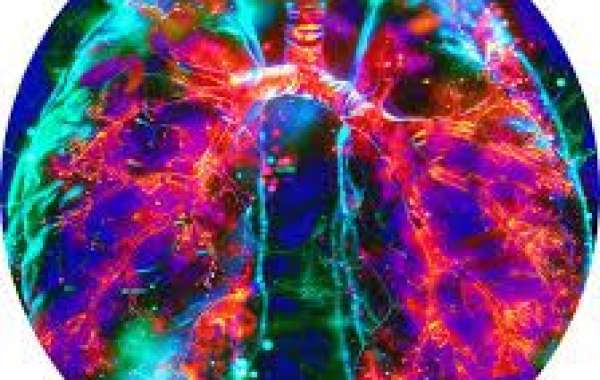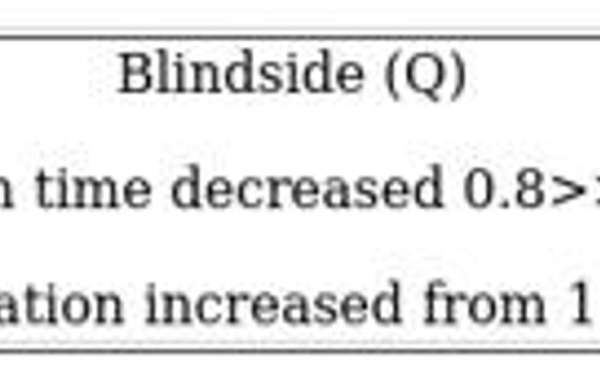Cardiopulmonary rehabilitation specialists play a pivotal role in the healthcare continuum, particularly for individuals grappling with conditions like pulmonary hypertension and heart failure. These professionals are dedicated to enhancing the quality of life for their patients through comprehensive, personalized care plans.
Understanding the Role of a Cardiopulmonary Rehabilitation Specialist
A cardiopulmonary rehabilitation specialist is a healthcare professional trained to assist patients with heart and lung diseases. They work with individuals diagnosed with conditions such as asthma, emphysema, chronic obstructive pulmonary disease (COPD), angina, coronary artery disease, and heart failure. Their primary goal is to help patients manage symptoms, improve physical conditioning, and adopt healthier lifestyles.
The Importance of Cardiopulmonary Rehabilitation
Cardiopulmonary rehabilitation is a medically supervised program designed to improve cardiovascular and pulmonary health. It encompasses various components, including:
Exercise Training: Tailored exercise regimens to enhance endurance and strength.
Education: Informative sessions about heart and lung health, disease management, and preventive strategies.
Lifestyle Modifications: Guidance on nutrition, smoking cessation, and stress management.
Engaging in such programs has been shown to reduce symptoms, increase physical fitness, and improve overall well-being.
Pulmonary Hypertension and Heart Failure: A Closer Look
Pulmonary hypertension is a condition characterized by elevated blood pressure in the pulmonary arteries, leading to symptoms like shortness of breath, fatigue, and chest pain. Heart failure, on the other hand, occurs when the heart is unable to pump blood effectively, resulting in fluid buildup and symptoms such as swelling, fatigue, and difficulty breathing.
Both conditions can significantly impact daily life, making routine activities challenging. However, with the support of a cardiopulmonary rehabilitation specialist, patients can learn to manage these conditions effectively.
Benefits of Cardiopulmonary Rehabilitation for Pulmonary Hypertension and Heart Failure
Participating in a cardiopulmonary rehabilitation program offers numerous advantages:
Symptom Management: Through supervised exercise and education, patients can alleviate symptoms like breathlessness and fatigue.
Improved Physical Function: Regular, monitored exercise enhances cardiovascular and muscular strength, making daily tasks more manageable.
Enhanced Quality of Life: Education and lifestyle modifications empower patients to take control of their health, leading to increased confidence and independence.
Reduced Hospital Admissions: Effective disease management can decrease the frequency of hospital visits and associated healthcare costs.
A Personalized Approach to Care
Cardiopulmonary rehabilitation specialists develop individualized care plans tailored to each patient's unique needs. This personalized approach ensures that interventions are effective and aligned with the patient's goals and capabilities.
Call to Action
If you or a loved one is living with pulmonary hypertension, heart failure, or any other cardiopulmonary condition, consider consulting with a cardiopulmonary rehabilitation specialist. Their expertise can guide you toward improved health and a better quality of life. Take the first step today by reaching out to a local rehabilitation center or healthcare provider to explore available programs.
Remember, managing your health is a journey, and with the right support, you can navigate it successfully.








